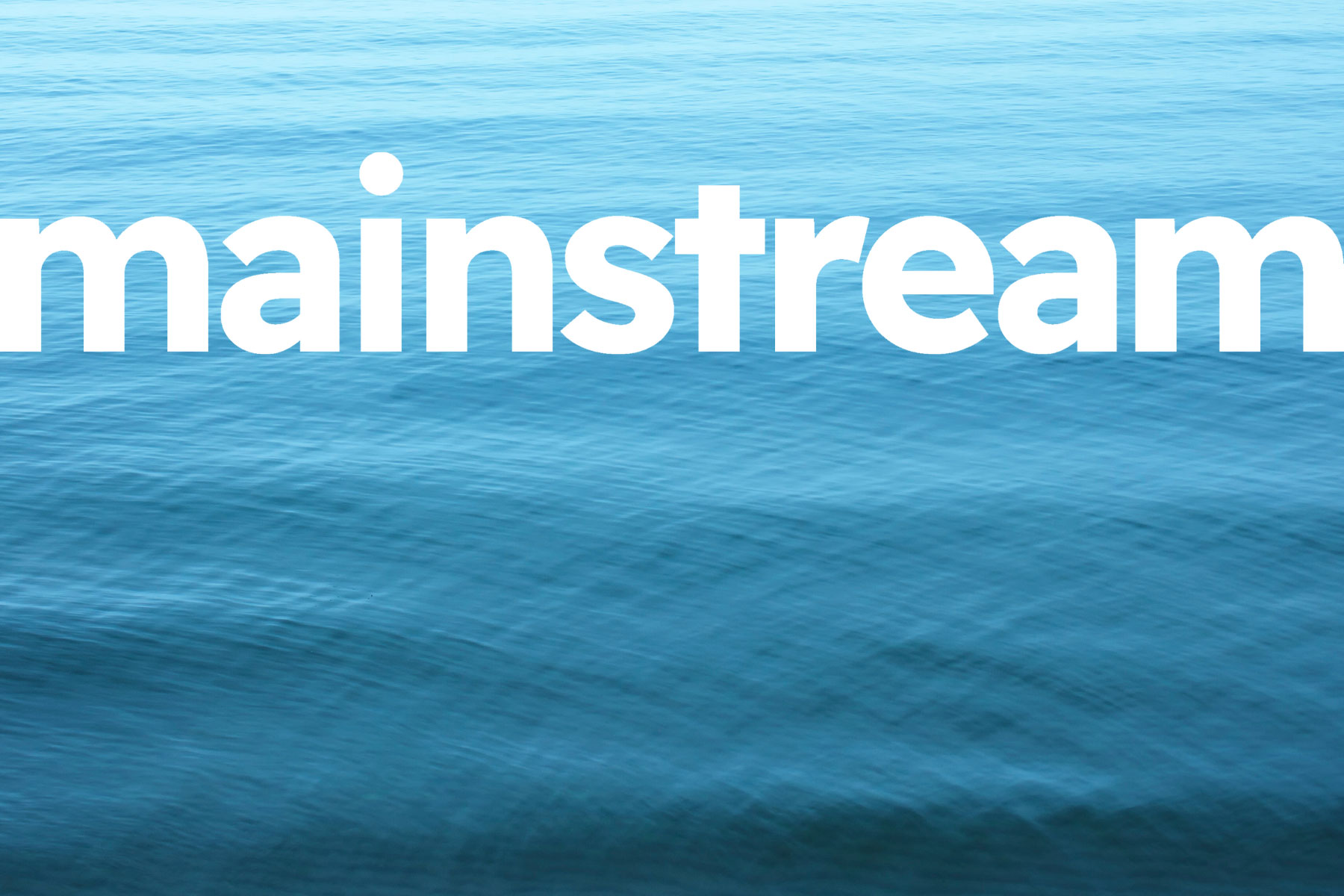If you are a founder of a company or you are intending to start one, you should already be giving serious thought to the Seed Enterprise Investment Scheme (SEIS) and the Enterprise Investment Scheme (EIS). These schemes can be of great assistance in soliciting tax efficient funding from investors enabling your company to get off the ground (under SEIS) and to scale up and develop (under EIS).
The tax benefits of these schemes are designed to assist external investors – employees and directors are able to benefit from other beneficial types of equity investment, such as tax-advantaged share options. However, there are still some avenues in which you as a founder could be able to personally obtain the beneficial tax treatment on some or all of your company shares under these schemes.
It should be noted that we are not referring here to the original founder shares, but rather any additional equity issued to founders upon the company’s raising investment.
The below does not spell out all of the detailed requirements of an individual’s eligibility for EIS or SEIS, such as limitations on pre-arranged exits of the company in question. Rather it focuses on the founder’s role and pre-existing relationship with the investee company. HMRC and the courts interpret the legislation strictly and you should always take advice when considering the applicability of the investor reliefs.
EIS:
The starting point is that an individual is ineligible for EIS if they are connected with the company in question. In this context ‘connected’ means that for the period starting two years before the issue of the shares and ending immediately before the third anniversary of the issue date of the shares or after the date on which the qualifying trade began:
- You (or an associate of yours including spouse or civil partner, ancestor or lineal descendant or business partner) may not be an employee of the issuing company, any subsidiary or any partner of them;
- You (or an associate) may not be a director of such an entity (but see below regarding unpaid directors);
- You may not hold (or be entitled to hold) more than 30% of the ordinary share capital or 30% of the issued share capital or 30% of the voting rights, either personally or with associates;
This ‘no connection’ requirement is strictly interpreted (as with the EIS legislation generally) and does rule out a significant number of founders from participating in a qualifying EIS fundraising. With some careful planning, however, a founder may be able to invest for EIS shares where they satisfy one (or two) further test(s):
- If the founder already owns shares in the company, these shares are risk-based (ie EIS or SEIS shares) or original founder / subscriber shares; and
- If the founder is a director, then such directorship is unpaid.
To satisfy the ‘unpaid requirement’, the founder director must not receive or be entitled to receive payment from the company or related persons, though there is an exception for reasonable expenses, interest on commercial loans and receipt of normal dividends.
Further, the founder may not have any linked loans advanced to them by any person, including the company.
A loan is linked if it would not have been made or would not have been made on the terms made but for the subscription – the idea is to prevent there being the advance of loan finance as an inducement for the investor to subscribe. The ‘no linked loans’ rule for EIS runs from broadly incorporation (or two years before the share issue date if incorporation was over two years before) until three years after the issue date.
So, although the window of relief for founders under EIS is very narrow, it is still possible for a founder shareholder to participate in and benefit from the generous income tax, CGT and IHT benefits carried by EIS shares. But this will generally only apply to a founder who is not connected to the company as above or who is an unpaid director and who has no linked loans.
To add to the complications, there are additional rules for directors who are not founders and so-called business angels (not covered in this article, but on which advice should always be taken).
SEIS:
The rules relating to founders seeking to take advantage of SEIS are very similar.
The connection limitation applies under SEIS, except that this time the founder, at any time in the period beginning with the date of incorporation of the company and ending on the third anniversary of the issue of the SEIS shares, cannot hold more than 30% of the issued share capital, ordinary share capital or voting rights, and cannot be entitled to more than 30% of the assets of the company (or a subsidiary) in the event of its winding up or in any other circumstances. The ‘associate’ rule for EIS also applies – so holdings of associates of the founder would be aggregated.
It is notable that for very early-stage companies, a founder will not be treated as having a substantial interest (ie breaching the 30% rule above) in the issuing company merely because the founder holds subscriber shares, as long as the company has not issued any other shares (other than subscriber shares) and has not commenced or prepared to commence its trade.
A founder seeking to qualify as an SEIS investor may also not receive any ‘linked loans’ from any person, as with EIS. This limitation also lasts from the date of incorporation of the company and ends on the third anniversary of the issue of the SEIS shares.
A key difference for working founders under SEIS, however, is that a founder seeking to invest for SEIS may be either a paid or unpaid director (but not an employee). Regarding employment, neither the founder nor any associate may be an employee of the company (or a subsidiary) in the period running from issue date of the SEIS shares to the third anniversary of the issue date.
Overall then, it is also possible for a founder to be eligible to invest for SEIS qualifying shares, but within the narrow confines set out above (and within the relevant legislation).
Often founders are more concerned about the eligibility of the company for these tax efficient investment schemes, as opposed to their own. However, for founders who are not employees or directors and who are minority shareholders, it should not always be assumed that EIS and SEIS can never apply.
If you are seeking advice on the issues raised in this article or EIS / SEIS generally then please contact Anthony Reeves or Cathy Bryant.






